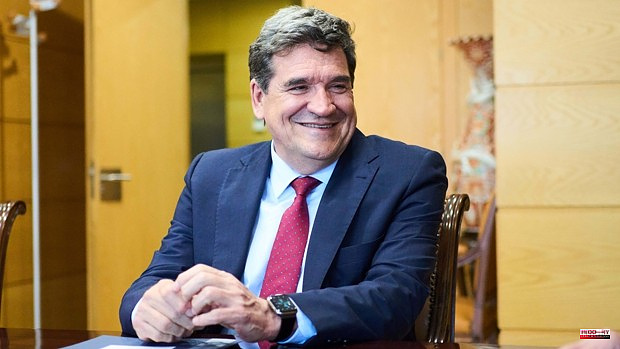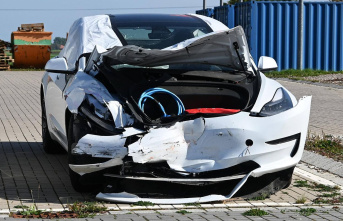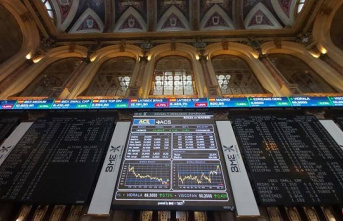The Government's latest proposal on the new self-employed contribution system clarifies the intentions of the Ministry of Inclusion, Social Security and Migration, regarding the development of the reform that will come into force in 2023. Thus, when it comes to inserting workers into the different income brackets on which they will have to contribute, Social Security will not only take as a reference the net income generated by the business or commercial activity of the self-employed worker. Income from work, income from movable capital and income from economic activities will be included in the calculation.
That is to say, when inserting the workers of the group in each of the income brackets that are associated with a Social Security payment quota, it will not only result from deducting the costs of their development from the sales of goods or services, but as performance, these aspects external to the business that cause the registration in the Special Scheme for Self-Employed Workers will also be computed.
The effect, furthermore, can suppose an increase in the net income of the self-employed person by adding this series of non-business concepts to the account. This implies that it is inserted in a higher section than it would correspond to if only the amounts of income less expenses associated with the business or commercial activity had been subtracted for this performance.
As stated in the dense preliminary bill "which establishes a new contribution model for self-employed or self-employed workers", the contribution to this special regime will be made according to the annual net income obtained by self-employed workers in the exercise of their economic and professional activities. So far, it is understood that the amounts corresponding to the development of the business will be computed.
Specifically, the Minister of Inclusion, Social Security and Migration, José Luis Escrivá, wants to allocate as part of the self-employed person's contribution income from movable capital such as interest on bank accounts, bonds, obligations and, in general, fixed-income securities, the stock dividends and capital gains obtained from the transfer of any type of securities, received during the reference period.
In this way, they would be computed for the worker's contribution base, unlike in the general regime, for dividends and profit sharing obtained by natural persons residing in another Member State of the European Union; those distributed by the subsidiary companies resident in Spain to their parent companies resident in another EU Member State; dividends and shares in profits obtained by pension funds equivalent to those regulated in the Law on Pension Plans and Funds; and dividends and profit sharing obtained by collective investment institutions.
The text sent by the Government to the associations a few days ago and to which ABC has had access, refers in the new wording of article 308 to taking into account "all the net income obtained by the aforementioned workers, during each calendar year, for their different professional or economic activities, although the performance, although the performance of some of them does not determine their inclusion in the Social Security system and regardless of whether they are carried out individually or as partners or members of any type entity, with or without legal personality, as long as they do not have to be registered by them as employed workers or assimilated to these».









